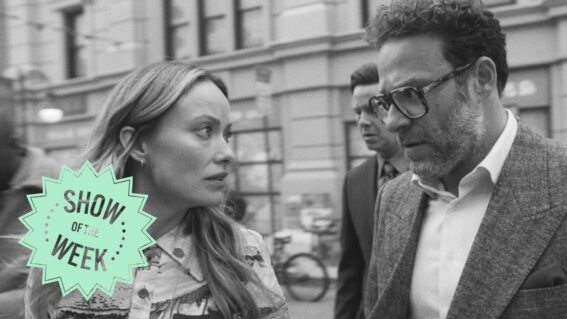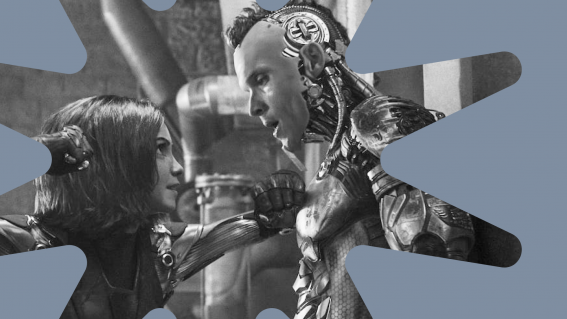A familiar character feels fresh in top tier serial killer thriller series Cross


A contemporary vitality elevates twisty cop show Cross – streaming on Prime Video from November 14. It’s a gripping and salient serial killer drama, writes Dominic Corry.
Prime Video’s most successful model—crime shows adapted from long-running book series about male justice-seekers—gets a welcome and necessary evolution in Cross, a top tier serial killer thriller that is greatly informed by leaning into the complications of being a black member of law enforcement in post George Floyd/Black Lives Matter/Defund The Police America.
Detective/Dr (he’s also a forensic psychologist) Alex Cross has (so far) appeared in 32 novels by wildly popular author James Patterson, beginning with 1993’s Along Came a Spider. He has previously been portrayed by two different actors on the big screen—first by Morgan Freeman in 1997’s Kiss the Girls, based on the second book in the series, and also the subsequent 2001 adaptation of the first book, which was directed by Lee Tamahori and featured a great car-goes-off-the-side-of-a-dam set piece.
The character was rebooted on the big screen with Tyler Perry in 2012’s frankly bonkers Alex Cross, in which Matthew Fox plays a psycho hitman who kickboxes his way to his targets.
In new series Cross—an original story, but based on the characters from James Patterson’s novels—the title character is portrayed by Aldis Hodge, who first gained wide attention as MC Ren in 2015’s NWA biopic Straight Outta Compton, and who has shown up recently in everything from The Invisible Man to Black Adam.
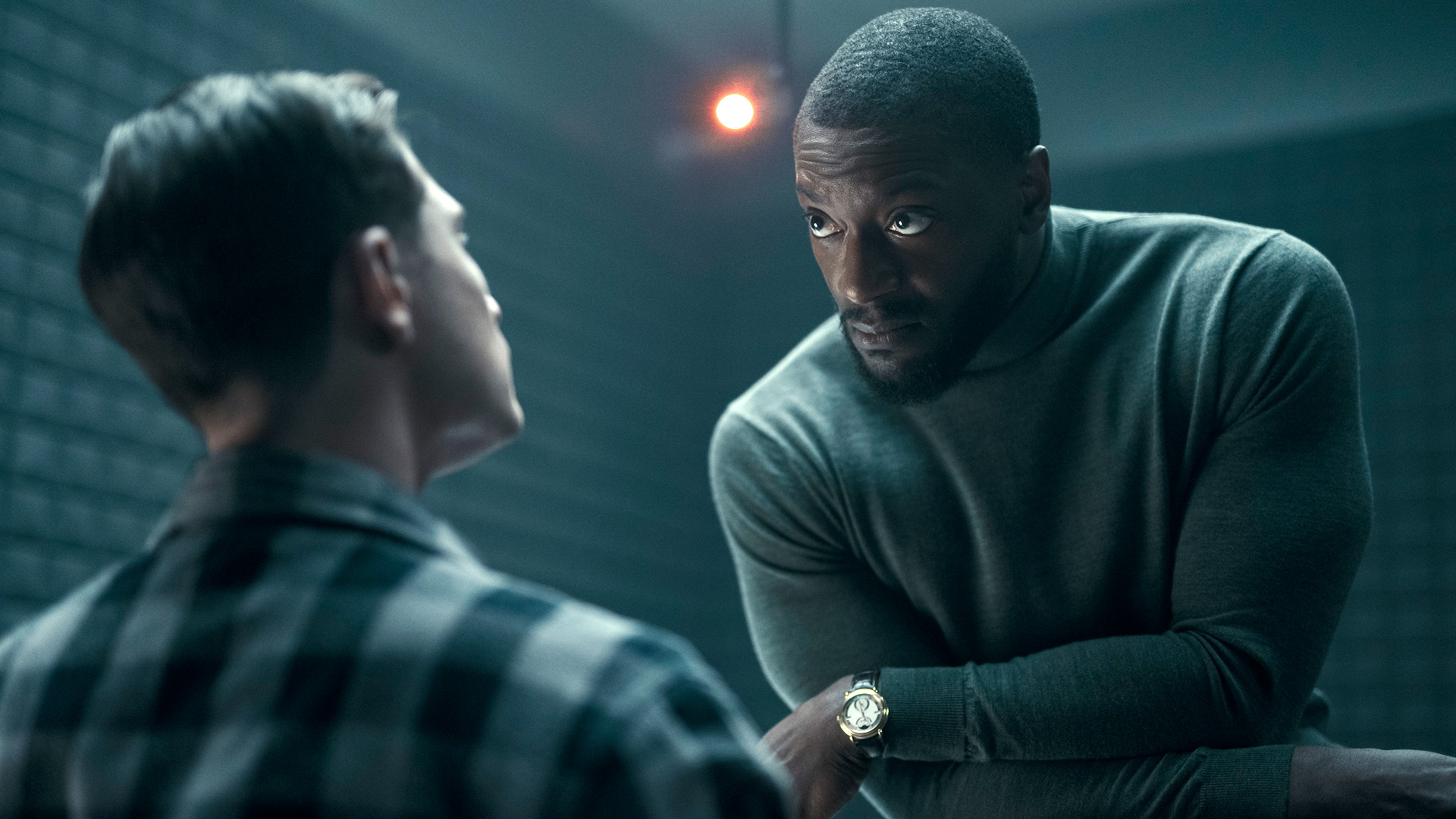
Morgan Freeman’s avuncular rendition of the character, arguably the one people are most familiar with, was presented as something of a veteran, but Hodge’s Cross is younger and more raw, even if he is a prominent member of the Washington D.C. police department.
His knack for understanding the minds of serial killers is in place, and when we met him he’s already become known for having caught at least one previously, but this is someone who’s greatest challenges appear to be in front of him.
He’s also a dedicated father to two adorable kids, something that was less a part of the Freeman version of the character, but apparently a key element of the novel series.
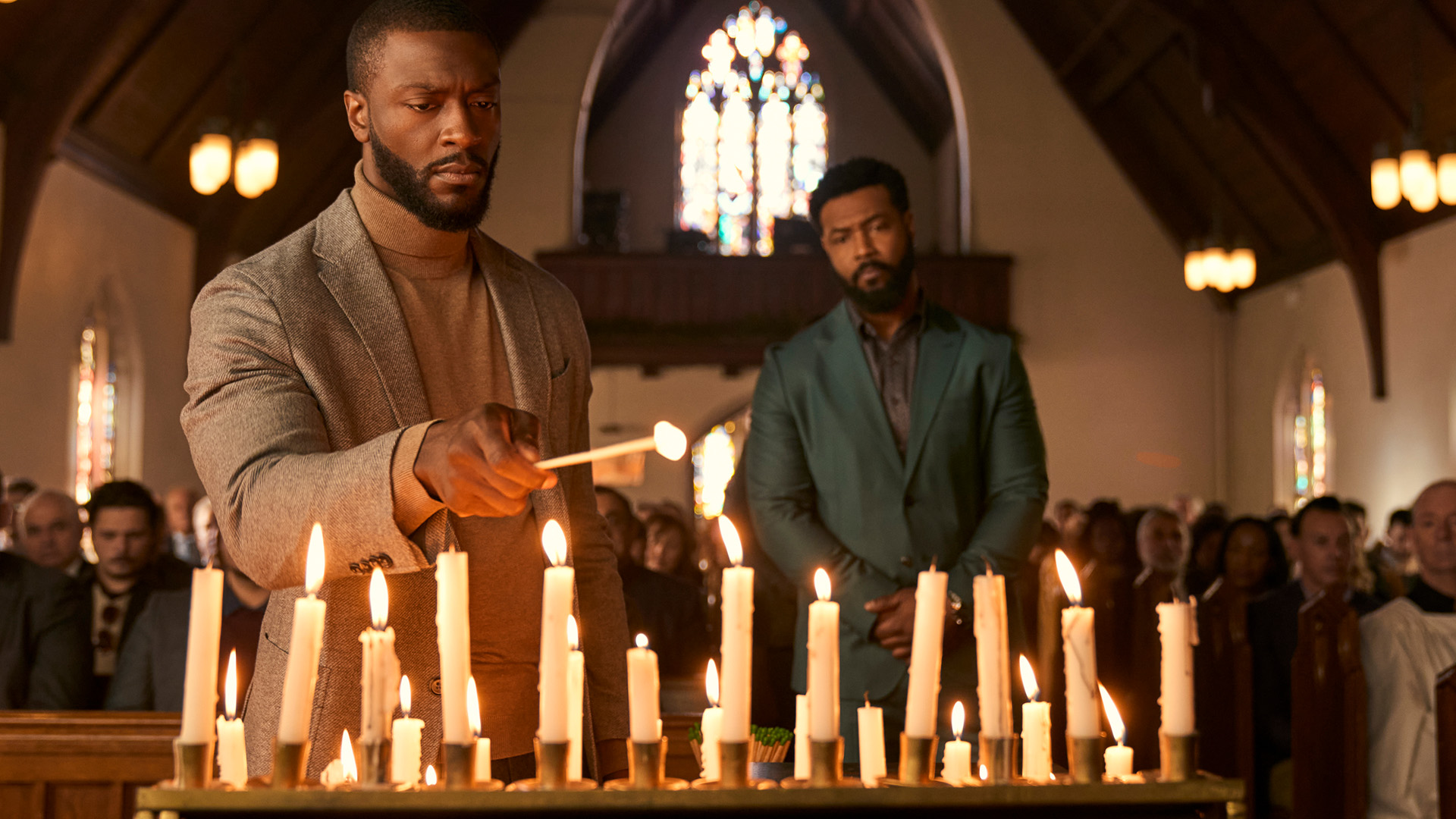
The show throws its dramatic gauntlet down early by opening with the out-of-nowhere shooting of Cross’ wife, with the series picking up a year later, Cross still far from having recovered from her still-unsolved murder. He is assisted in the raising of young Janelle and Damon by his Nana (Juanita Jennings), and it’s not long before the spectre of his wife’s murder starts making itself known.
That thread, which hits Cross at home, carries throughout the first season alongside a storyline involving a serial killer eventually dubbed “The Fanboy”. Named as such due them performing their murders in tribute to prominent serial killers who were executed, with the show including real life names amongst their inspiration.
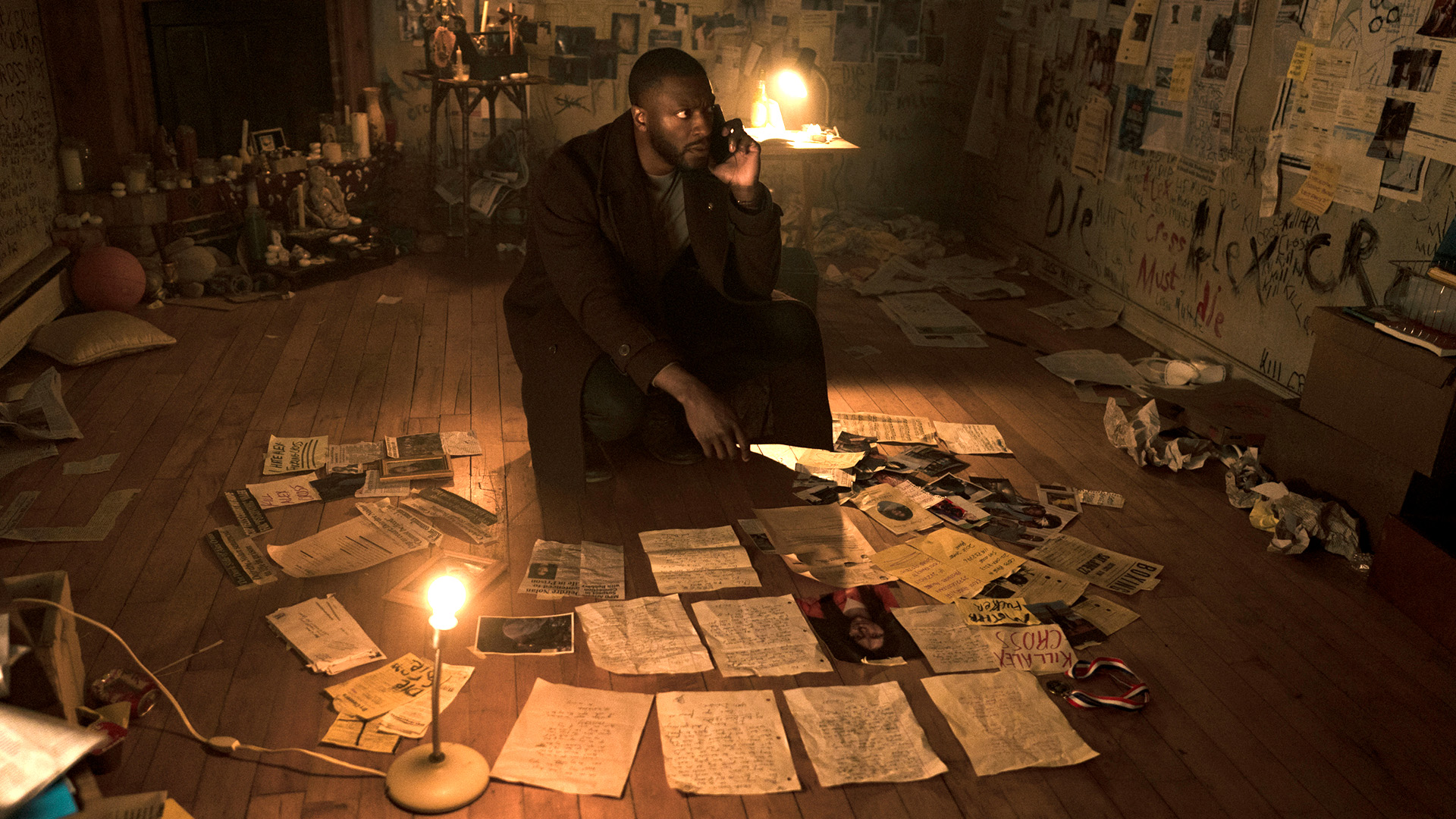
Having a meta layer on this ‘main’ serial killer storyline helps elevate the show beyond the standard procedural exploration of such matters. Because let’s face it, if there’s one thing television is not lacking, it’s serial killers.
And it’s to the credit of Cross that it manages to feel fresh in this regard. My knowledge of the character based on the movies suggests the killers he encounters are the kind that like to ‘mess’ with their pursuers, and that taunting element brings some edge to the surprisingly-nasty-at-times proceedings here.
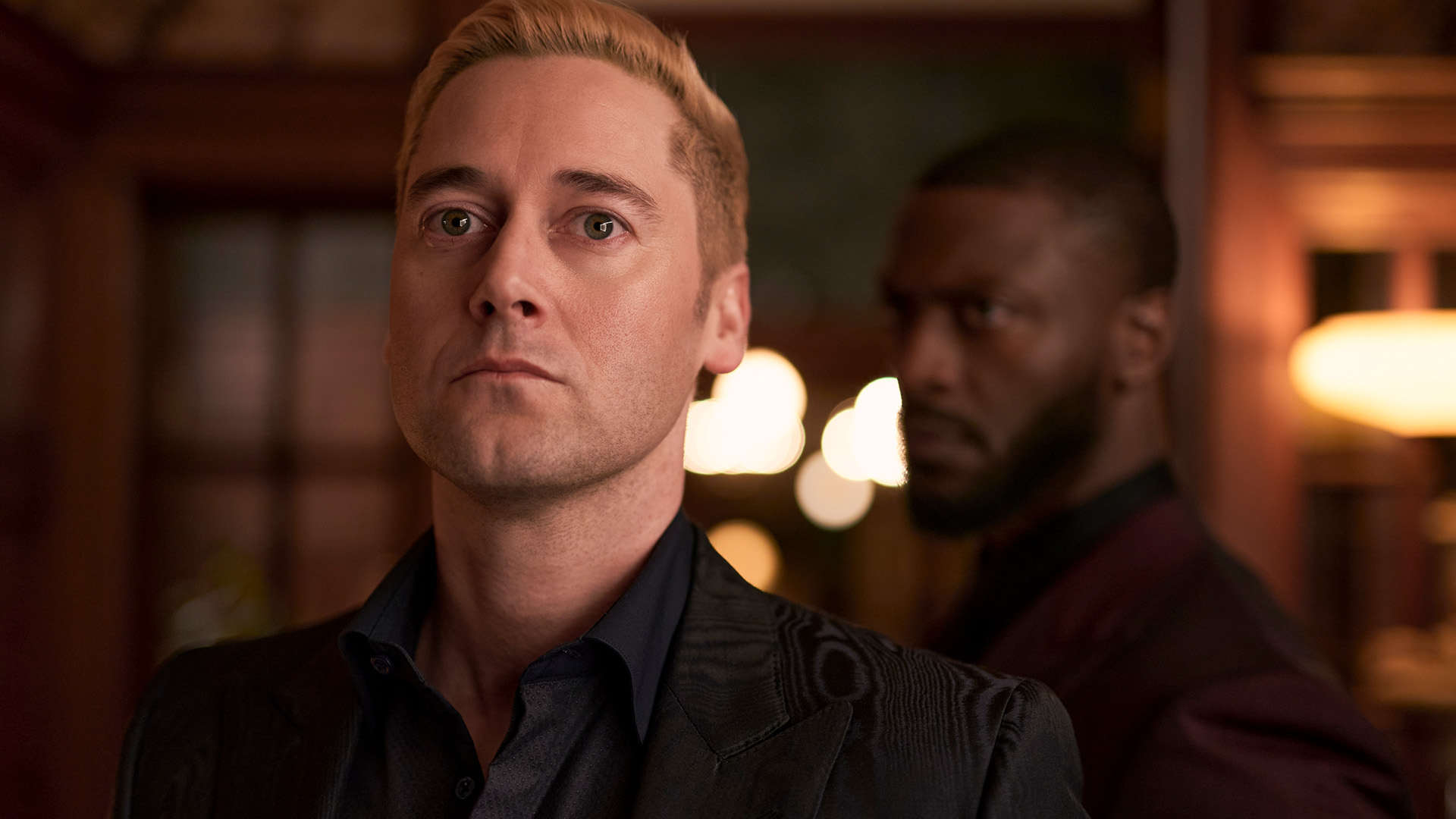
It’s also rendered fundamentally more interesting than most procedurals thanks to the multiple ways in which Cross’s race factors in. At one point, he is trotted out at a press conference by the top brass to “prove” to the public they are taking the murder of a Black activist seriously, with Cross all too conscious that he is being exploited—but also aware of how his relative fame (from those previous encounters with serial killers) carries potentially useful sway in D.C., a predominantly Black town.
In another episode, Cross is attending a dinner party and is taken to task by a fellow attendee for being a Black cop at all. And it’s not the only time he’s accused of being a sellout by his own people. The names of real murder victims are cited when an activist character talks about Black people being targeted by police. Real world issues are never far from the events being depicted here.

One of the most powerful moments in the series has Cross going to great lengths to prepare a victim’s loved one for the impending devastation.
As much as Cross succeeds purely as a twisty serial killer thriller, it gains plenty from these threads which bring a contemporary vitality to the show. And Hodge carries it all ably on his broad shoulders and in his giant, penetrating eyes.
Several members of the supporting cast liven things up too, most notably stage actor Johnny Ray Gill as a difficult-to-describe character—he’s not one of the serial killers—whose manic, sadistic glee is quite something to behold.
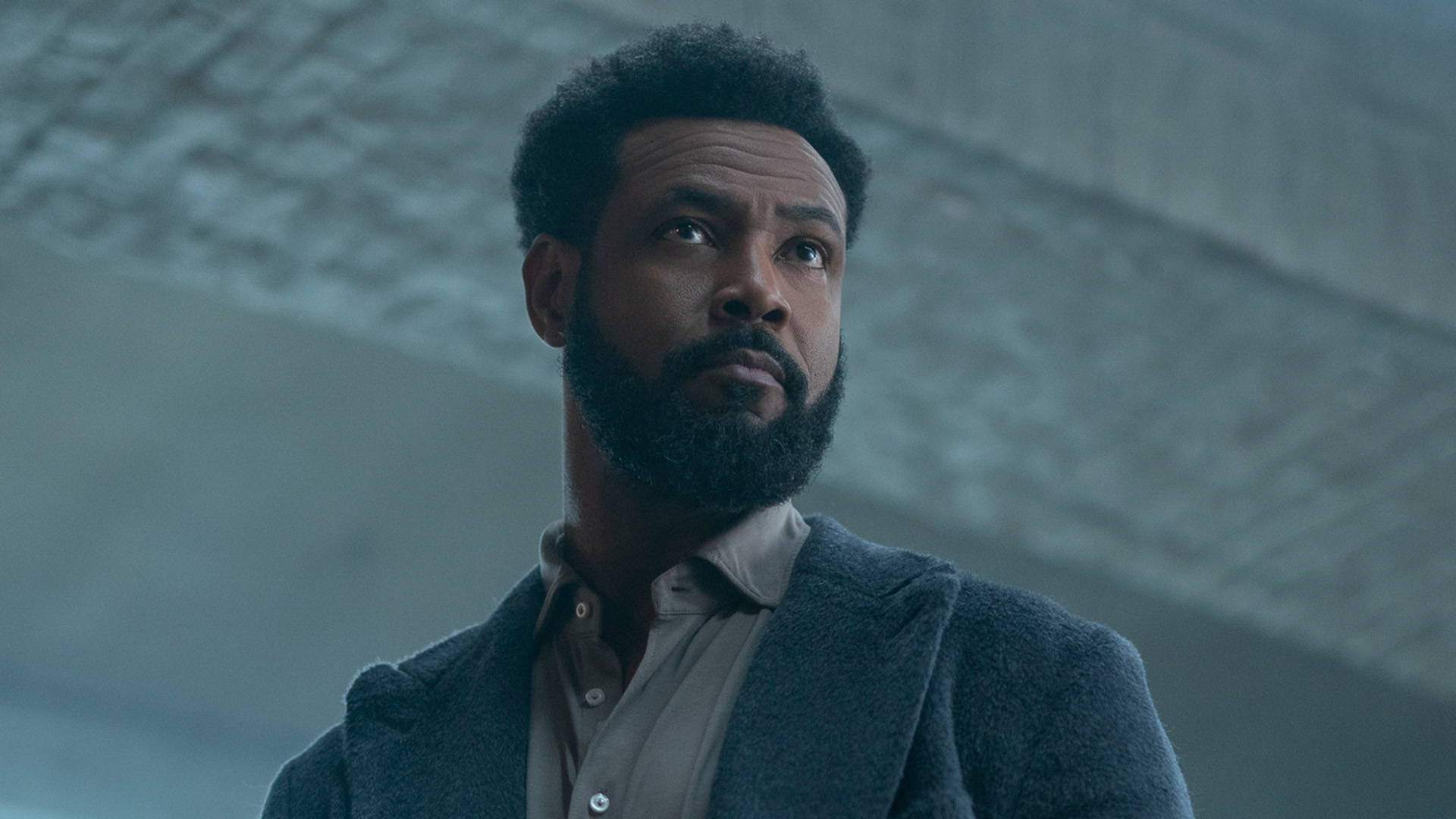
Also contributing greatly is Isaiah Mustafa as Cross’s best pal and partner John Sampson. Still recognised for his Old Spice commericals, Mustafa has long since crossed over into “proper” acting, recently as part of the IT ensemble, and he’s a strong presence here—the sight of him and Hodge coming down the street side by side is heroically imposing. But they still sneak in an Old Spice crack at one point.
The depth of his relationship with Cross (they two are childhood friends) informs the storytelling here as well.
Cross balances all of these elements to create a gripping and salient serial killer drama.


